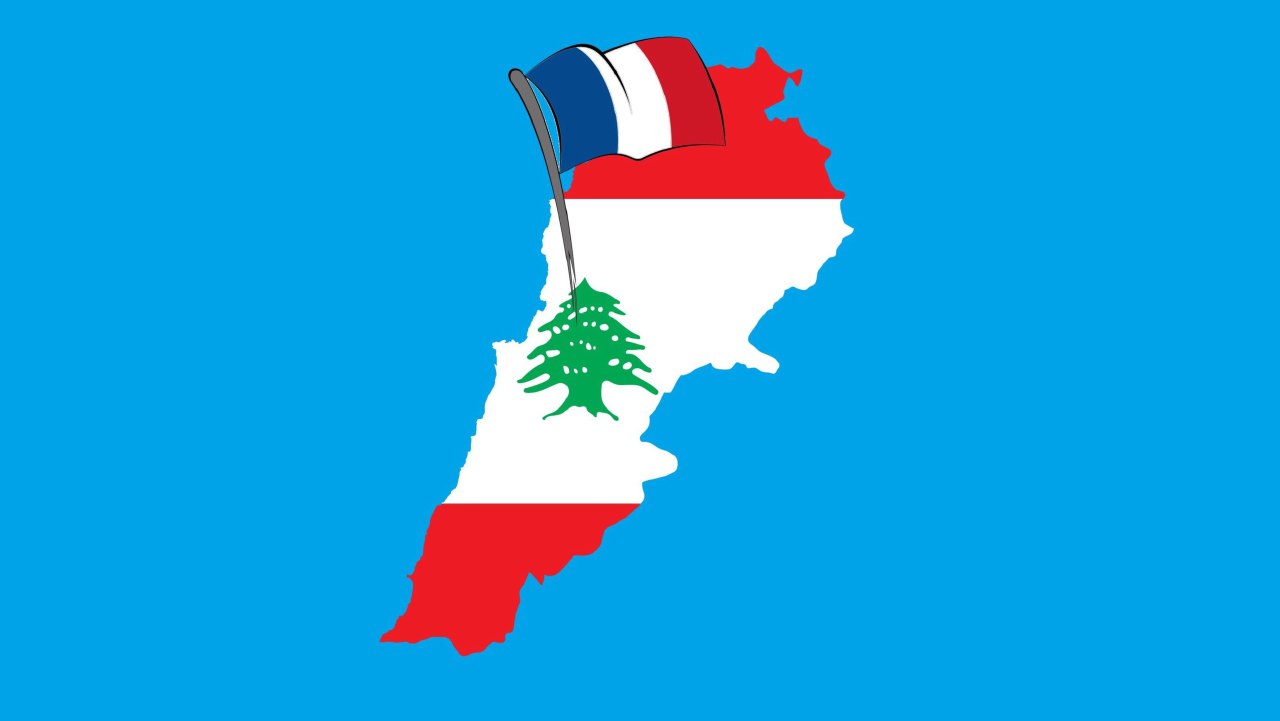France’s Proposed Agreement To Stop Conflict In South Lebanon-North Occupied Palestine Front

The Lebanese newspaper Al-Akhbar published the text of the French government’s proposed agreement to halt the war between the Israeli regime and Lebanon’s resistance movement, Hezbollah. This proposal consists of three phases, the details of which are as follows:
Phase One:
1. Cessation of Hezbollah military operations inside the Israeli-occupied territories of Palestine and disputed areas.
2. Refraining from attacks against the United Nations Interim Force in Lebanon (UNIFIL) forces or installations.
3. Guaranteeing the unimpeded freedom of movement of UNIFIL forces in the south of the Litani River.
4. Cessation of the Israeli regime’s military operations inside Lebanon.
Phase Two:
1. Dismantling all facilities, resources, and centers near the Blue Line (a demarcation line dividing Lebanon from the Israeli regime and the Golan Heights).
2. Withdrawal of combat forces, including the al-Hajj Radwan Force and other military units, as well as anti-tank weapons, to a distance less than 10 kilometers north of the Blue Line.
3. Cessation of the Israeli regime’s aerial attacks over Lebanese territory.
4. Resumption of Lebanon’s participation in the UNIFIL tripartite meetings.
5. Deployment of around 15,000 Lebanese army troops in the south of the Litani River, including along the Blue Line.
6. Support for the deployment of the Lebanese Armed Forces in the south of the Litani River based on United Nations Security Council Resolution 1701 and providing logistical support for it.
What is United Nations Security Council Resolution 1701?
Based on the information provided, Resolution 1701 is a United Nations Security Council resolution that was adopted on August 11, 2006 to bring to an end the war between Lebanon’s Hezbollah and the Israeli regime. According to this resolution, Hezbollah must withdraw from southern Lebanon and retreat north of the Litani River, so that the Lebanese army and UNIFIL forces can be deployed in those areas. Furthermore, the Israeli regime’s army must withdraw its forces from southern Lebanon and respect the territorial integrity of the Arab country.
Phase Three:
1. Resuming negotiations to gradually demarcate the land borders of Lebanon, based on the negotiations conducted in 2017, focusing on the areas that were previously discussed within the framework of the UNIFIL trilateral mechanism in 2018.
2. Entering into negotiations on a roadmap to ensure the creation of an area between the Blue Line and the Litani River free from any armed individuals or groups, facilities, and armaments, except for those belonging to the Lebanese state and UNIFIL.
3. Supporting the deployment of the Lebanese Armed Forces in southern Lebanon.
4. Supporting the social and economic development in southern Lebanon.
The proposed agreement by France is based on the colonial approach of this European country towards Lebanon, and it shows that the French government still feels that Lebanon is under their control, even after a decade of the decline of their foreign power.
According to statements by Hezbollah officials, the southern Lebanon-northern occupied Palestine front has been opened to help the Palestinian resistance in the Gaza Strip and reduce the Israeli regime’s military pressure on the Palestinian resistance movement, and it is impossible to halt the conflict on this front without stopping the war in the Gaza Strip. Therefore, the French proposal to stop the war between the Israeli regime and the Hezbollah movement without considering the developments in the Gaza Strip is fundamentally flawed and certainly not implementable.
Even if the cessation of the war on the southern Lebanon front is accompanied by a cessation of the war in the Gaza Strip, the withdrawal of Hezbollah fighters from the southern Lebanese areas is also an impossible issue. The people of southern Lebanon have been pioneers in forming the resistance in Lebanon, so how can they withdraw from their homes and properties in southern Lebanon?
Overall, the proposed agreement by the French government is not feasible and is only a political tool for the government in Paris to demonstrate that they still have influence in Lebanon and that this region is under their control. However, the foreign power of the French government and other colonialist states is on the decline, and fewer people in Lebanon are willing to rely on their threats or proposals!




Comment